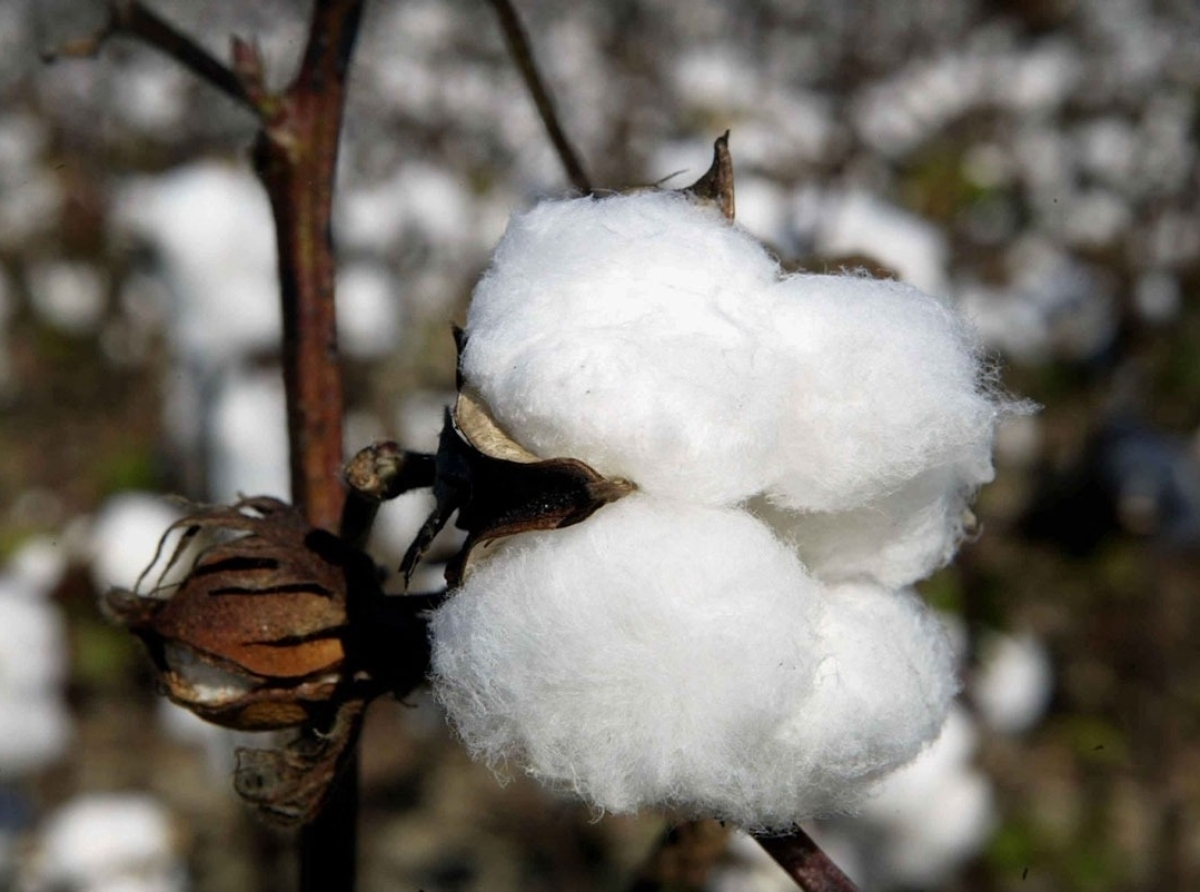22 June 2022, Mumbai:
Little did Mani Chinnaswamy, an MBA graduate from the US, realize that he would play a crucial role in bridging the gap between cotton farming and the world of fashion when he took over the family company of cotton mills.
He could have just carried on doing what his forefathers had done and kept purchasing cotton from suppliers for his mill, as he was the third generation of the family company in Pollachi, Tamil Nadu. Period.
ALSO READ Better Cotton Updates: Annual Report 2021
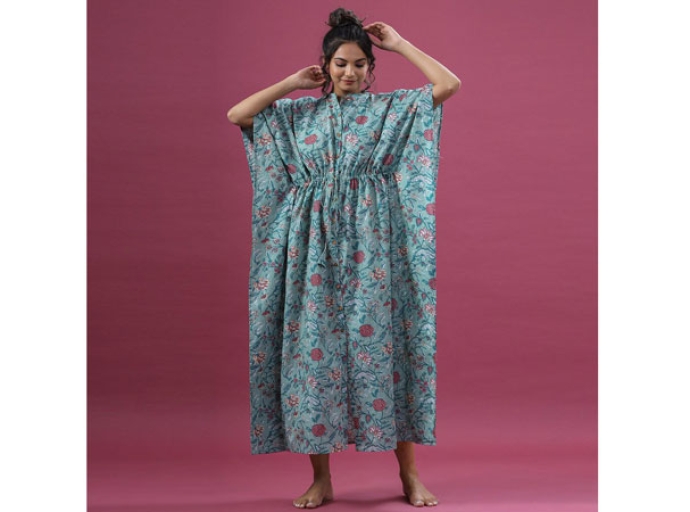
That, however, was not Mani. India is famous for its cotton. Therefore he wanted to promote it. His wife, Vijayalakshmi Nachiar, a textile specialist, ably backed his choice.
He was astonished to learn that cotton cultivation had switched to genetically modified (GM) crops for various reasons, including poor soil quality brought on by excessive fertilizer usage, a low yield, debt, and farmer suicides.
When he took over the family business of cotton mills, US-trained MBA Mani Chinnaswamy had no idea that he would be instrumental in bridging the gap between cotton farming and the fashion world.
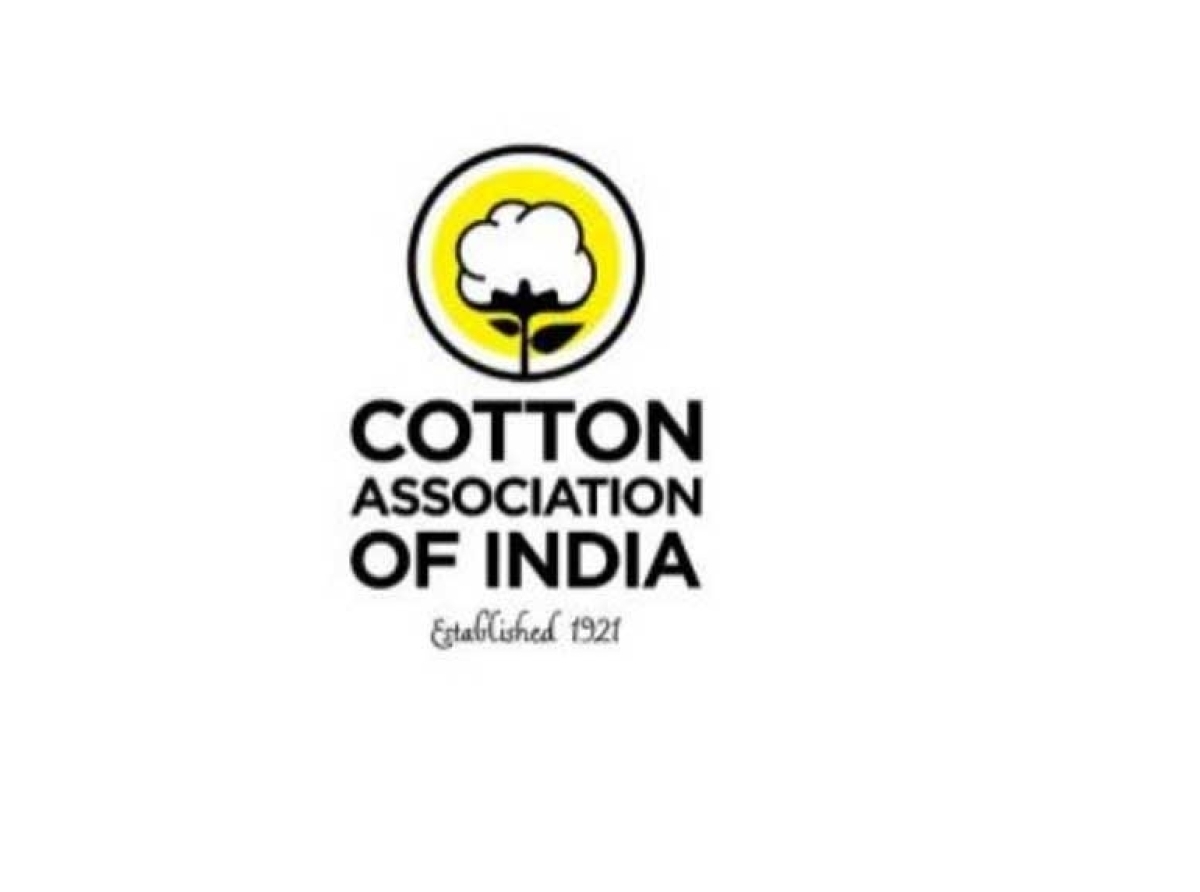
ALSO READ Rising cotton cost compel Indian fashion retailers to hike apparel prices
YBeing the third generation inheritor of the family business in Pollachi, Tamil Nadu, he could have just continued doing what his forebears had done and bought cotton from suppliers for his mill. Period. But that wasn't Mani at all.
He wanted to promote cotton since it is well-known in India. His textile expert wife, Vijayalakshmi Nachiar, skillfully supported his decision.
RELEVANT NEWS Tata CLiQ focuses on online business
They persuaded the farmers in H D Kote, on the banks of the River Kabini, to go organic by purchasing local seeds from the Karnataka State Seeds Corporation. Since they had switched to GM crops for better yields, the farmers in H D Kote needed persuasion.
The narrative of organic farming thus began. But this is not where it ends. Vijayalakshmi decided to weave the organic cotton so successfully grown into textiles.
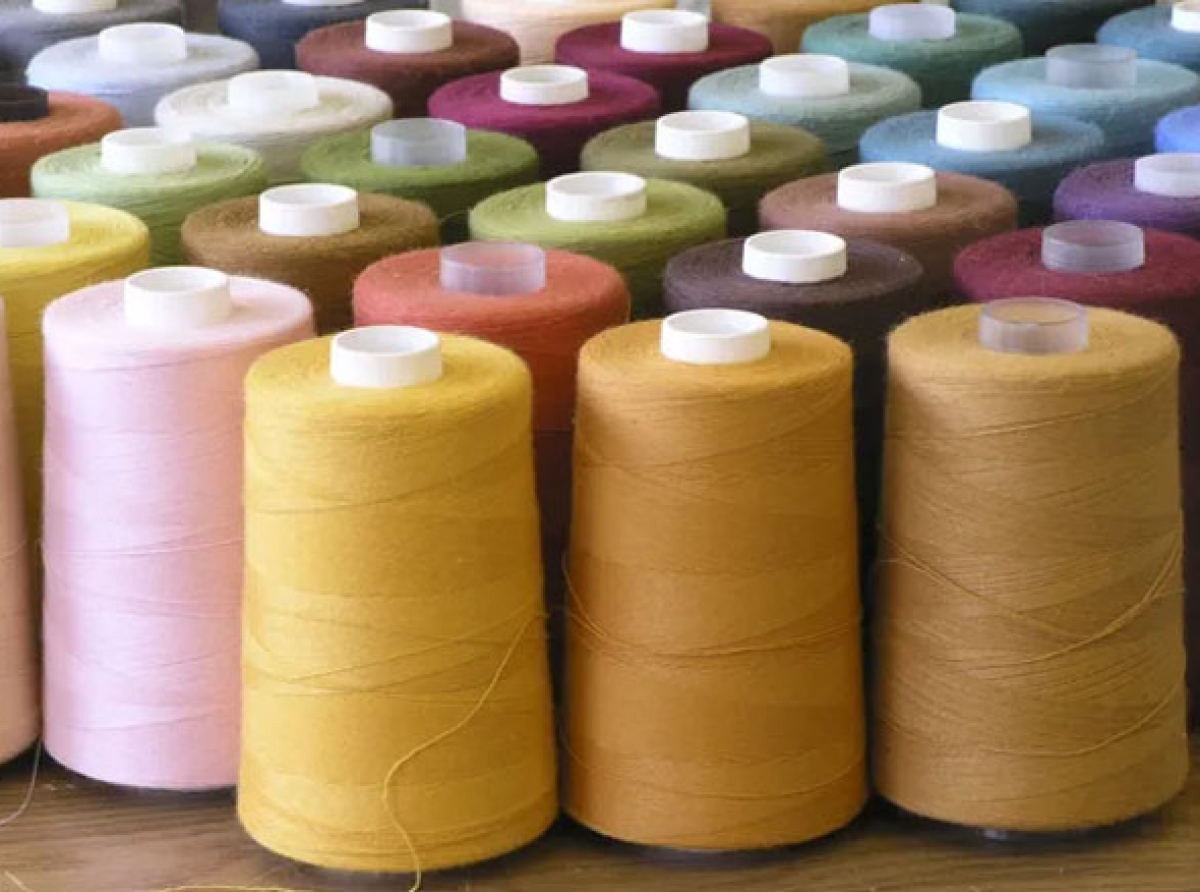
RELEVANT NEWS Piyush Goyal: Indo-Australia trade agreement to gain 'Hi-Quality Australian Cotton'
Baggy and jogging trousers, jumpsuits, oversized dresses, draped long skirts, tight shirts, and indigo patchwork denim jackets were just a few of the free-flowing, fluid shapes that offered everyday items appropriate for an urban dresser.
Careful attention to detail—top stitching, pleating, and gathers set against wide-fit, gauzy silhouettes emphasized the attractive forms.
RELEVANT NEWS TexSnips: Geopolitical Situation, Cotton & Textiles Sector
The textiles were occasionally dotted with hand-painted designs and traditional crafts like Bandhani, Shibori, Kalamkari, and mud resist prints.
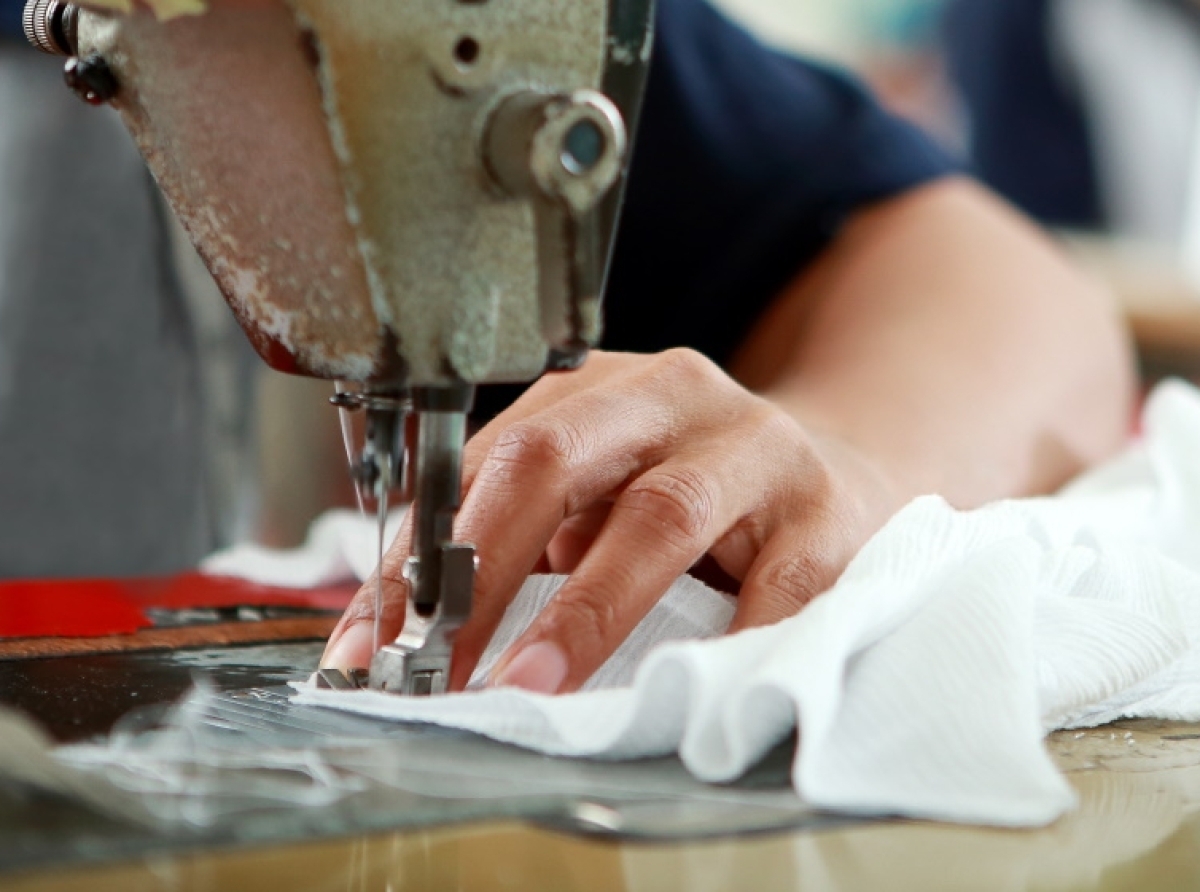
RELEVANT NEWS Cotton-based apparel see traction as MMF impacted
The clothing fashioned from khadi cotton, organic cotton, knits made from soured organic cotton, and chambray khadi demonstrated how easily simplified shapes in indigenous textiles may fit into modern female collections.
Some of the cottons were from an indigenous rain-fed type from Gujarat known as Kala cotton, while the khadi was in solid and natural yarn-colored stripes.
Join our community on Linkedin

